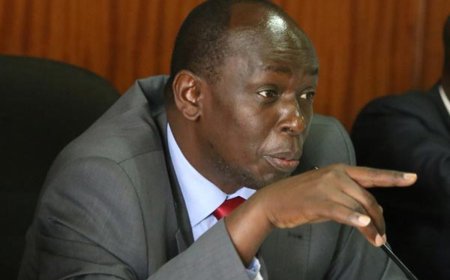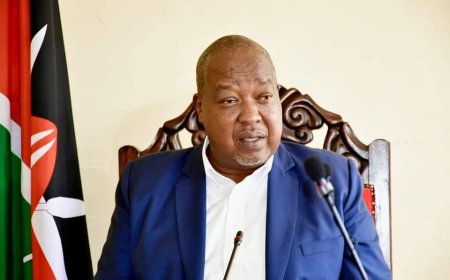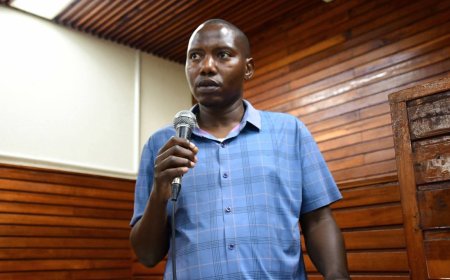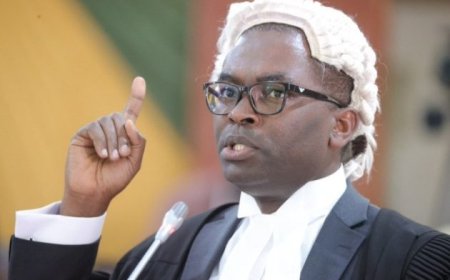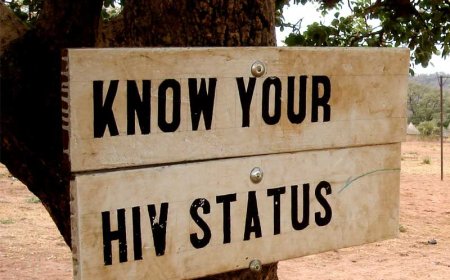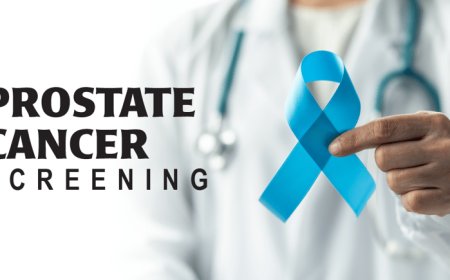Subtle signs and symptoms of a brain blood clot
Brain blood clot; medically known as a cerebral thrombosis can develop gradually and present signs and symptoms weeks before a stroke occurs.
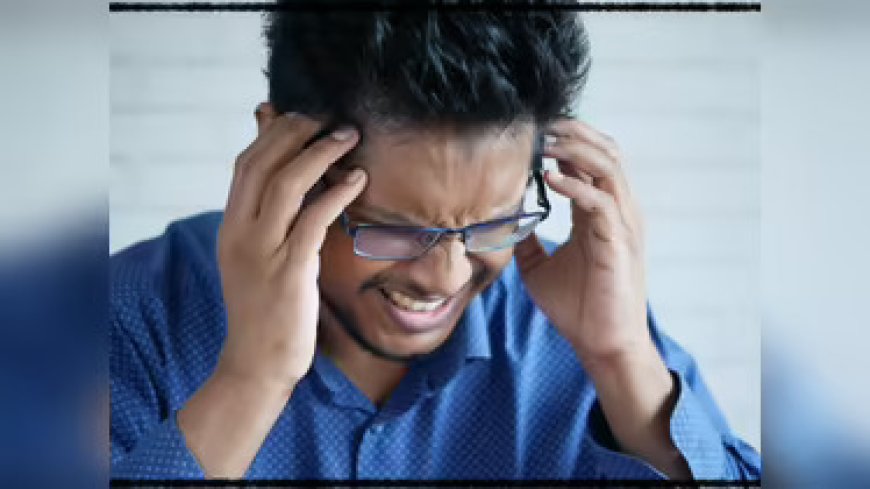
Rising cases of stroke have drawn renewed attention to the silent but deadly disease that often goes unnoticed.
Brain blood clot; medically known as a cerebral thrombosis can develop gradually and present signs and symptoms weeks before a stroke occurs.
Experts warn that these signs provide a critical window for early intervention.
A stroke occurs when blood flow to the brain is blocked or reduced, depriving brain tissue of oxygen.
This can be caused by a clot forming within the blood vessels in or leading to the brain.
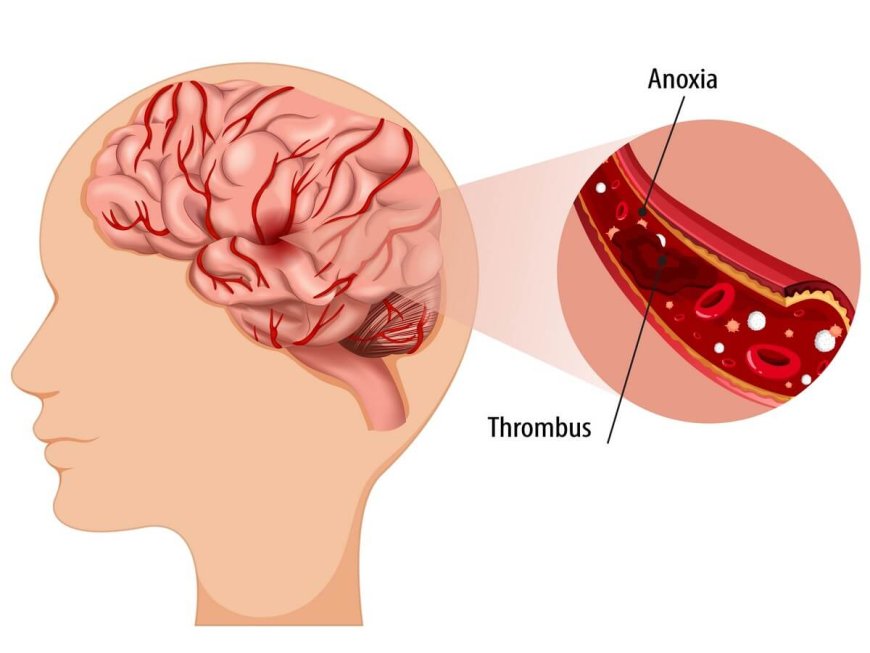
The effects can be devastating, leading to permanent disability or death if not treated promptly.
According to neurologists, the following early warning signs may indicate the presence of a brain clot and should never be ignored.
Sudden, severe headaches, often described as one of the worst headaches of a person’s life. This pain can come on without warning and may signal a clot interrupting blood flow to parts of the brain.
Other symptoms include; numbness or weakness on one side of the body and if one arm or leg suddenly feels weak or numb especially if it's isolated to one side it could point to localized brain dysfunction due to a aclot.
Speech difficulties is also another sign of blood clot. Slurred or incoherent speech is a red flag. A person may struggle to find words or may not understand others clearly.
Blurred, double vision or temporary loss of vision in one eye can suggest the clot is affecting the visual centers of the brain.
Loss of balance or coordination Trouble walking, dizziness, or clumsiness may indicate that the clot is impairing motor control areas.
A sudden blackout or fainting episode without a clear cause could signal a serious interruption of brain function.
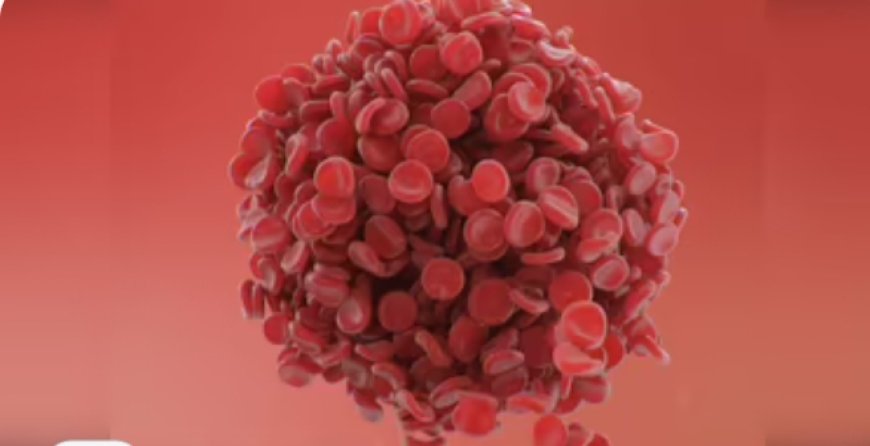
Dr. Mercy Kamau, a Nairobi-based Neurologist, emphasizes the urgency of recognizing these symptoms.
“Many people wait for the ‘big event’ a full-blown stroke but the body often whispers before it screams. If you or someone you know experiences even one of these symptoms suddenly, seek emergency care immediately.”
Dr Kamau explains that preventive screening especially in individuals with high blood pressure, diabetes, or a history of smoking, can help detect risk factors early.
Managing cholesterol, Dr Kamau says needs staying physically active, and avoiding excessive alcohol and tobacco use also play a vital role in reducing stroke risk.
The Ministry of Health is urging Kenyans to take stroke symptoms seriously and attend regular check-ups.
What's Your Reaction?
 Like
0
Like
0
 Dislike
0
Dislike
0
 Love
0
Love
0
 Funny
0
Funny
0
 Angry
0
Angry
0
 Sad
0
Sad
0
 Wow
0
Wow
0




